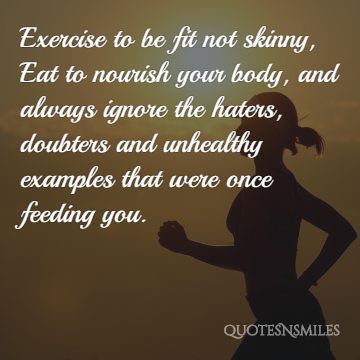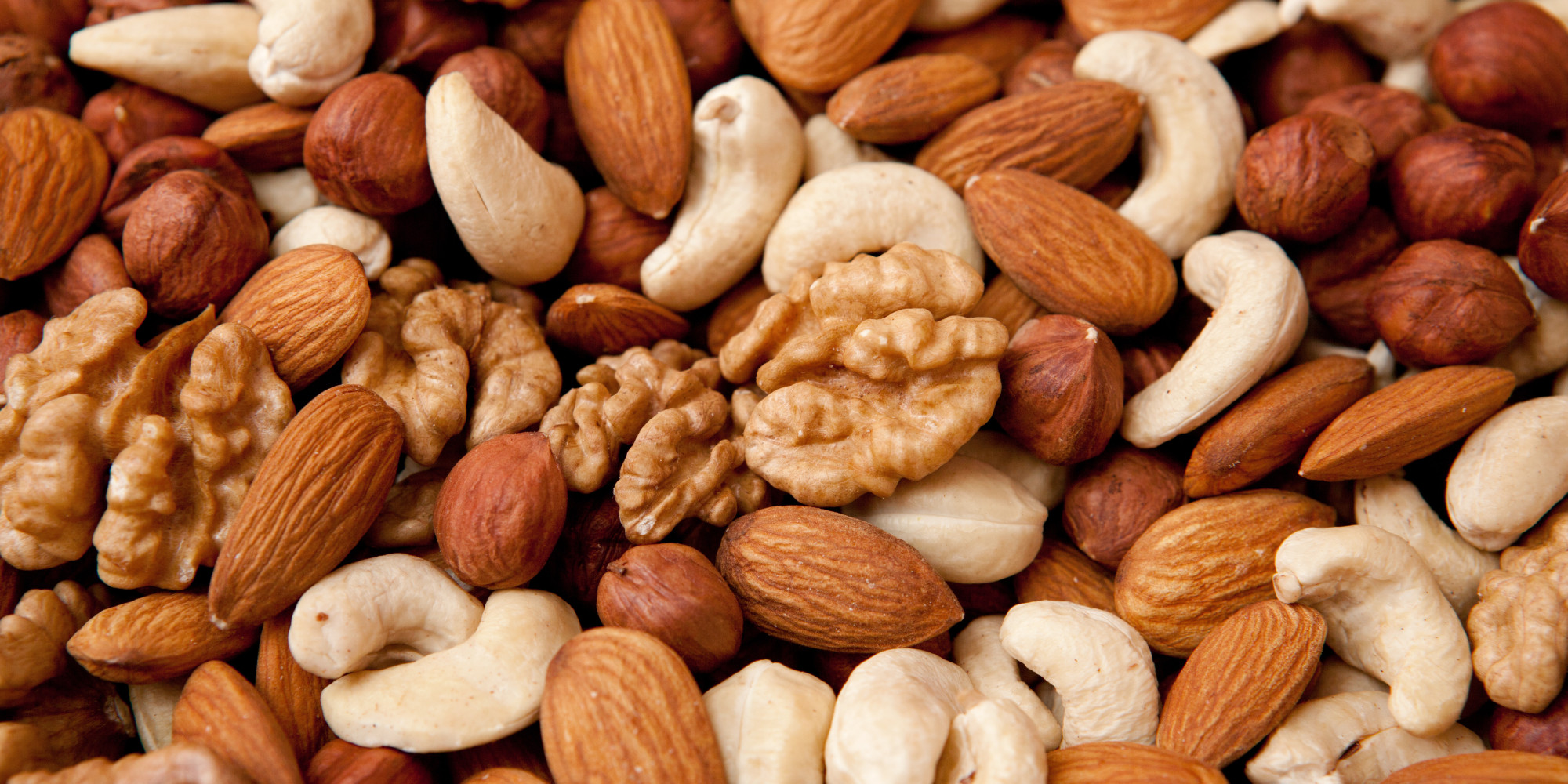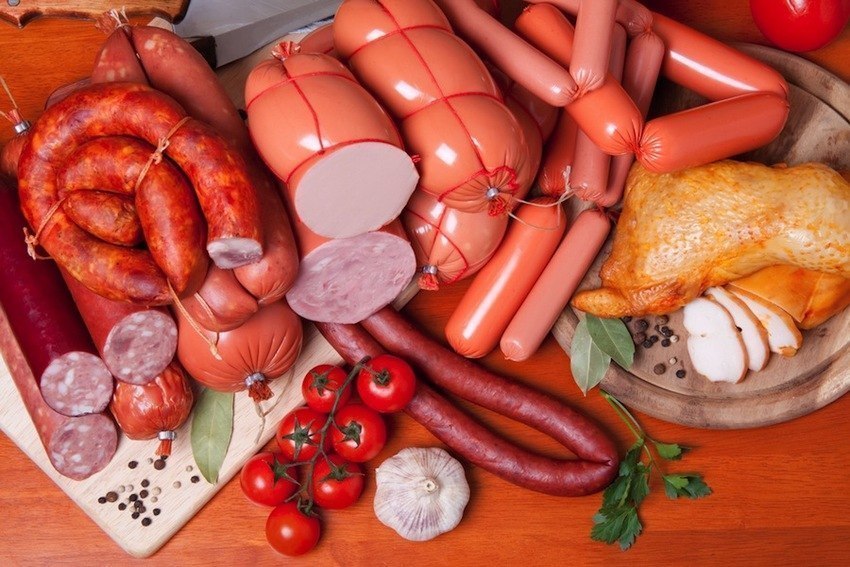 |
| From humanhealth.com |
- Gallstones: Gallstones are stones that form in the gallbladder, a tiny sac that hangs out under the liver, disgorging bile as needed to digest fats.These stones cause swelling and can block the duct into the intestine, resulting in pain. Gallstone pain tends to strike the right side of the upper abdomen, particularly after fatty meals.
- Pancreatitis: Inflammation of the pancreas can cause burning pain in the upper or middle abdomen. Some people even have shooting pain that drives right through to their back. You may lean forward or lie on your back to try to relieve the pain, which may subside into a dull ache, nausea, and vomiting. Too much alcohol can be a culprit, as are gallstones (the gallbladder and pancreas deliver their digestive juices into the intestine via the same duct). It often requires hospitalization.
- Gerd: Gastroesophageal reflux disease, or GERD, can cause pain in the upper stomach and lower chest, aka heartburn. The cause? A valve that separates the stomach from the esophagus is weak, allowing food and acid from the stomach to splash upwards. Eating too much food or the wrong type of food (fatty, for instance) can make it worse. Losing weight, watching what you eat, and medication like antacids, H2 blockers, and proton pump inhibitors, can also help.
- Medication side effects: No drug is without side effects and sometimes that includes abdominal pain. Oral bisphosphonates, a popular class of drugs that helps preserve bone density and prevent osteoporosis, can cause swelling—and therefore pain—in the lower esophagus. Pain medications known as NSAIDs (nonsteroidal anti-inflammatory drugs) such as ibuprofen and aspirin can also cause swelling in the stomach lining and may even lead to ulcers.
- Diverticulitis: Diverticulitis is an inflammation of “diverticula” or pockets that form in the lining of the intestine, usually the colon. “These look like punched-out holes in the lining of the colon that tend to get inflamed or obstructed with stool or other foreign material,” says Dr. Kaul. Symptoms can include cramping in the lower abdomen, which may respond to antibiotics. A high-fiber diet can help. In more severe cases, it can cause abscesses, bleeding, and even perforations, resulting in severe pain, or even the need for surgery or a hospitalization.
Other details and more causes of stomach pain : www.health.com (18 reasons why your stomach hurts)






















